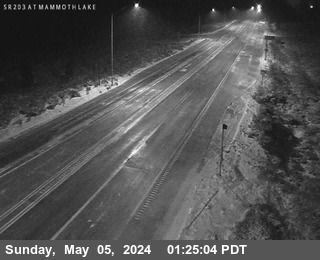Brought to you by Howard Sheckter
Archive for year 2013
Upper Ridge to Continue its Hold over the West….Light Breezes over the Upper Elevations….Next Snow Producer about a Week Away…….
Friday February 1, 2013
The Resort Levels at 8000 ft of the Eastern Sierra will continue to be fair for the next 5 days with highs 45 to 50 and lows in the 20-25 at 8000 ft. The Ridge Trof Pattern is a Stable one, however will begin to shift east a bit by Mid week.
Latest timing for change is a week away as the big eastern trof shifts out over the Atlantic enough to allow a storm moving through the Gulf ofd AK to deepen along the west coast for some snowfall around the 7th or 8th of February. This does not look to be a big storm. However it may dump a foot or better.
I guess “Ollie” the west coast Marmot will most definetly see his shadow Saturday at Sunrise…so bring on the 6 more weeks of Winter! Actually the Dweebs feel that last 1/3 of Winter, IE March could be quite the wet month if the MJO takes up residence in Phase 1 of the Rimm chart the end of the month.
In the meantime, here is the latest from the CPC in their long range outlook for Feb 6th through the 12th:
For Week-2, below median rainfall is favored across the MC and parts of the western Pacific associated with the eastward movement of the MJO. Drier-than
average conditions are also favored for Hawaii consistent with MJO composites and the CFS rainfall forecasts. Enhanced convection is expected to develop late
during the Week-2 period across the western IO associated with the MJO and likely atmospheric Kelvin wave activity that often leads the MJO convective
envelope. The large scale environment, as indicated by model guidance, appears favorable for tropical development across the southwest IO also during this
period but confidence is lower.
As a result of the multiple areas of anomalous tropical convection, predictability is lowered and the uncertainty has increased for much of February as compared to earlier in the month of January. MJO associated convection would favor, on average, a continuation of a ridge-trough pattern across the U.S. from west to east. This is currently at odds with the forecast extended range model guidance for the first part of February, however. A strong southern stream typical during the upcoming phases of the MJO is generally indicated in model guidance. If the MJO remains active, the dominant player for anomalous tropical convection and enhanced convection once again organizes across the Indian Ocean, chances become elevated for a mean trough along the west coast and ridging across the east beginning in late February. This would favor above (below) normal temperatures across the eastern (western) U.S. and a more active pattern with elevated precipitation for the west coast.




